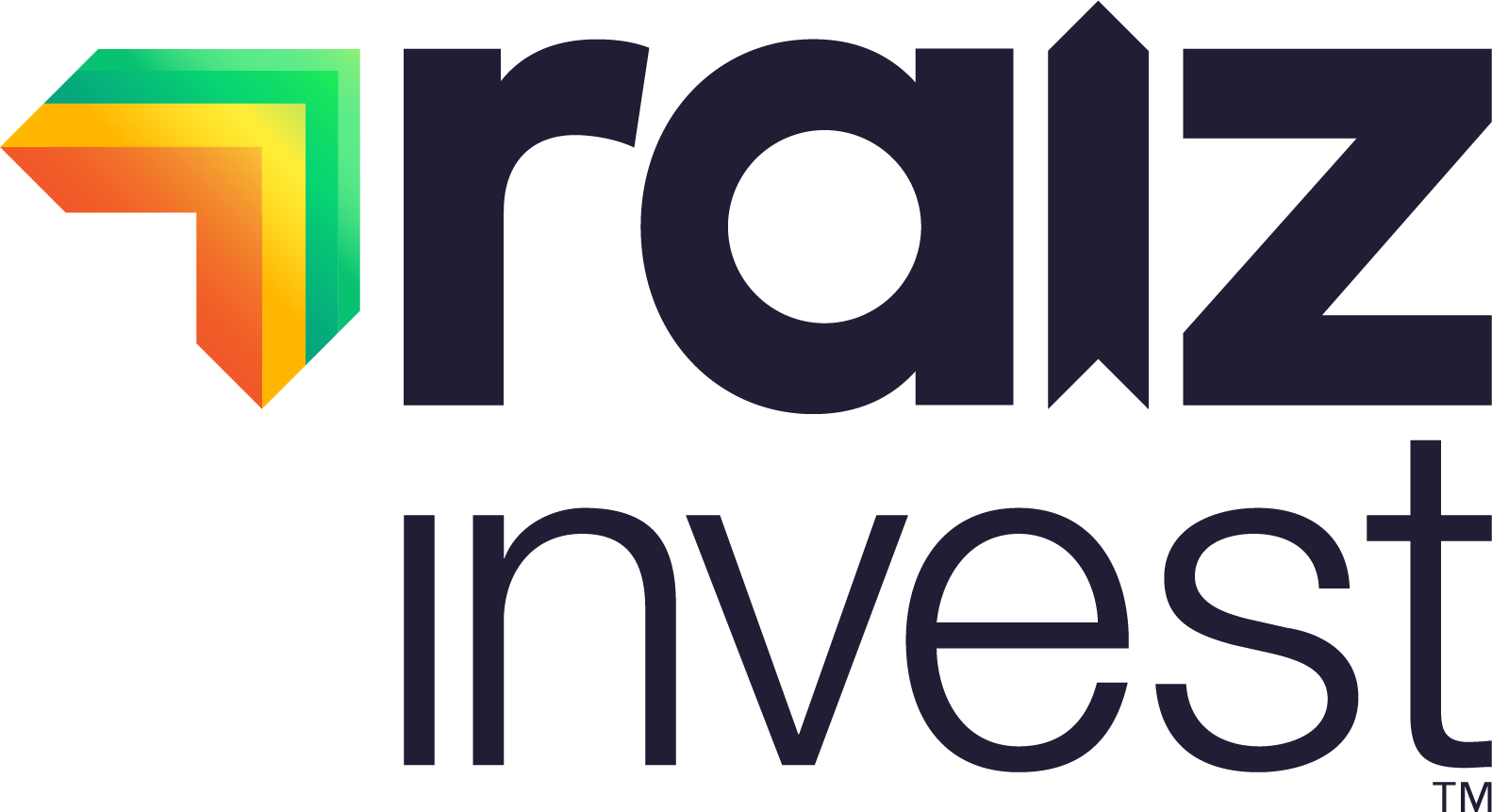Global equities mark COVID-19 anniversary

29-03-2021
George Lucas, Raiz Group CEO
Last week marks one year since global equities bottomed out as a result of the COVID-19 virus that sent severe shocks through financial markets as it moved from China to nations in the West.
Since then, we’ve seen a recovery in equities that ran up until the end of 2020, but that has ebbed this year. Indeed, most “risky” assets, like equities, have now clawed back the losses they racked up between 19 February and 23rd March 2020 when COVID-19 sent global equities into a tailspin.
At this point, some classes, like many tech stocks, have even gone above their February 2020 high, reducing scope for further upside, especially as some gains have stemmed from higher valuations, due to lower interest rates.
Higher bond yields could impact equity markets
Another factor impacting equity markets is the recent rise in real yields of long-dated government bonds, notably in the US. For instance, recent concerns, including about inflation, have driven bond yields higher, seeing the 10-year Treasury yield recently top 1.7 per cent.
While this rise in real yields may be justified by expectations of stronger economic growth fuelled by huge fiscal stimulus, it has dimmed the appeal of so-called risky assets such as equities. The trend will likely continue for 2021 as global economies recover, weighing on equity markets.
Rotation trades set to continue
We also expect rotation trades to continue. This describes investors shifting out of tech stocks into sectors recovering from the COVID virus, like banks and airlines as economic recovery accelerates.
This shift has been a feature since vaccines emerged in early November, and it is likely to be of extra benefit equity to markets outside the US where the market weights of COVID- hit sectors are higher.
Briefly, on emerging markets, equities in some EMs could benefit from outsized US economic growth and increased rotation of sectors.
Biden team mulls $3trn spending package
In the US, news outlets reported last week that US President Joe Biden’s advisers are working on a $3trn economic package focusing on infrastructure, ‘green’ investment and funding for childcare and education. It would reportedly be financed partly through higher corporate taxes.
The $3trn spend is likely to be spread over several years and, to the extent that it is offset by higher taxes, the initial impact could even amount to a fiscal tightening. It is not clear when the proposal will be formally unveiled, although reports suggest it may be announced on Wednesday.
It’s likely to be difficult for Democrats to steer another stimulus bill through a narrowly divided US Congress, especially with Biden already passing a $1.9trn package since taking office.
Chinese commodity demand in the spotlight
In Asia, I believe forecasts that China’s demand for commodities will slow in coming months are a little premature, especially as they are calls we have heard for the last few years.
However, the Asian superpower’s stock market has been under pressure lately, with the latest tumbles in the prices of some tech shares in China precipitated by potential changes to listing requirements in the US, driven by political forces in the US.
Another factor is that the boosted demand China experienced due to stimulus during the pandemic, is likely to unwind at least partly as life returns to some form of normal.
Notably, China’s stock market underperformance is not due just to the tech sector. For instance, all sectors of China’s CSI 300 Index have underperformed S&P 500 equivalents so far this month.
Don’t have the Raiz App?
Download it for free in the App store or the Webapp below:
Important Information
If you have read all or any part of our email, website, or communication then you need to know that this is factual information and general advice only. This means it does not consider any person’s particular financial objectives, financial situation, or financial needs. If you are an investor, you should consult a licensed adviser before acting on any information to fully understand the benefits and risk associated with the product. This is your call but that is what you should do.
You may be surprised to learn that RAIZ Invest Australia Limited (ABN 26 604 402 815) (Raiz), an authorised representative AFSL 434776 prepared this information.
We are not allowed, and have not prepared this information to offer financial product advice or a recommendation in relation to any investments or securities. If we did give you personal advice, which we did not, then the use of the Raiz App would be a lot more expensive than the current pricing – sorry but true. You therefore should not rely on this information to make investment decisions, because it was not about you for once, and unfortunately, we cannot advise you on who or what you can rely on – again sorry.
A Product Disclosure Statement (PDS) for Raiz Invest and/or Raiz Invest Super is available on the Raiz Invest website and App. A person must read and consider the PDS before deciding whether, or not, to acquire and/or continue to hold interests in the financial product. We know and ASIC research shows that you probably won’t, but we want you to, and we encourage you to read the PDS so you know exactly what the product does, its risks and costs. If you don’t read the PDS, it’s a bit like flying blind. Probably not a good idea.
The risks and fees for investing are fully set out in the PDS and include the risks that would ordinarily apply to investing. You should note, as illustrated by the global financial crisis of 2008, that sometimes not even professionals in the financial services sector understand the ordinary risks of investing – because by their nature many risks are unknown – but you still need to give it a go and try to understand the risks set out in the PDS.
Any returns shown or implied are not forecasts and are not reliable guides or predictors of future performance. Those of you who cannot afford financial advice may be considering ignoring this statement, but please don’t, it is so true.
Under no circumstance is the information to be used by, or presented to, a person for the purposes of deciding about investing in Raiz Invest or Raiz Invest Super.
This information may be based on assumptions or market conditions which change without notice and have not been independently verified. Basically, this says nothing stays the same for long in financial markets (or even in life for that matter) and we are sorry. We try, but we can’t promise that the information is accurate, or stays accurate.
Any opinions or information expressed are subject to change without notice; that’s just the way we roll.
The bundll and superbundll products are provided by FlexiCards Australia Pty Ltd ABN 31 099 651 877 Australian credit licence number 247415. Bundll, snooze and superbundll are trademarks of Flexirent Capital Pty Ltd, a subsidiary of FlexiGroup Limited. Lots of names, which basically you aren’t allowed to reproduce without their permission and we need to include here.
Mastercard is a registered trademark and the circles design is a trademark of Mastercard International Incorporated.
Home loans are subject to approval from the lending institution and Raiz Home Ownership makes no warranties as to the success of an application until all relevant information has been provided.
Raiz Home Ownership Pty Ltd (ABN 14 645 876 937), an Australian Credit Representative number 528594 under Australian Credit Licence number 387025. Raiz Home Ownership Pty Ltd is 100% owned by Raiz Invest Australia Limited (ABN 26 604 402 815).




